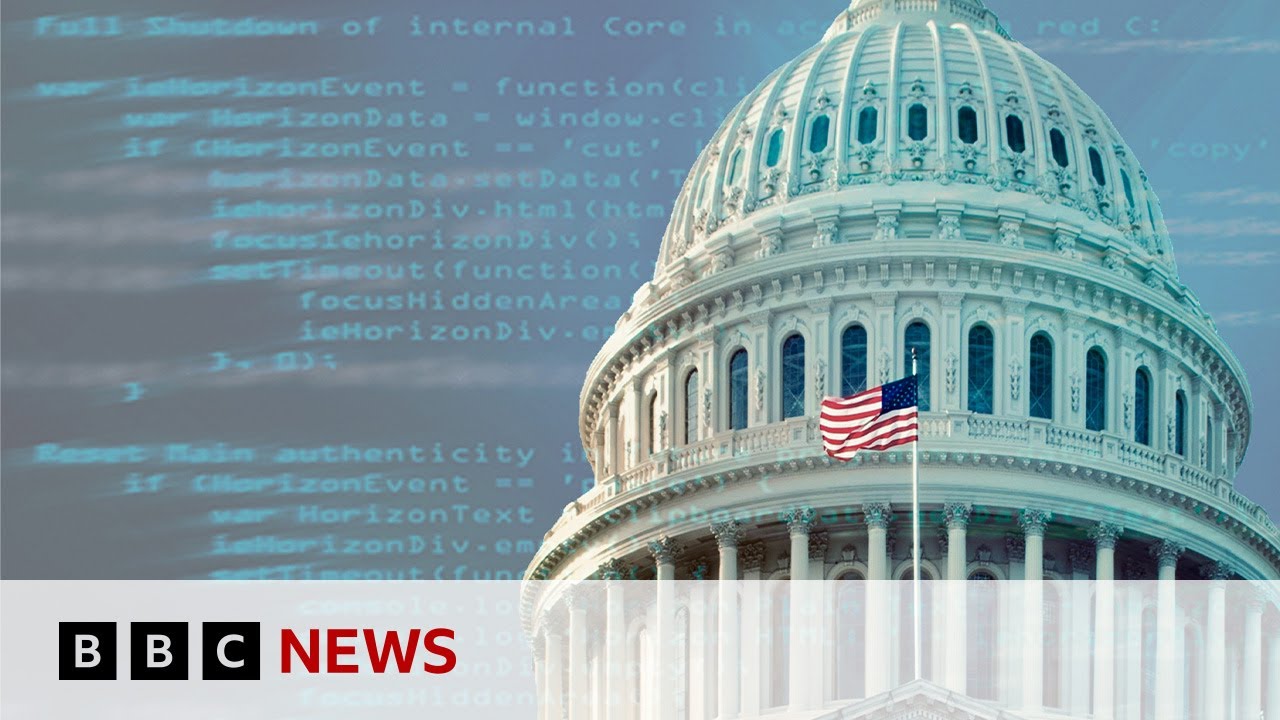The BBC News video discusses the potential threats posed by artificial intelligence (AI) to democracy ahead of the US presidential election, highlighting concerns about misinformation, voter suppression, and the ethical implications of using AI for deceptive practices. It emphasizes the need for public education on recognizing AI-generated misinformation and calls for robust regulations to ensure accountability in the use of AI in electoral contexts.
The video from BBC News discusses the potential impact of artificial intelligence (AI) on democracy, particularly in the context of the upcoming US presidential election. With concerns about misinformation and foreign interference, White House National Security adviser Jake Sullivan emphasized the need for progress in identifying threats to the electoral process. Advanced AI tools, such as deep fakes, pose a significant risk by creating deceptive audio and video content that could mislead voters. In response, a public service campaign featuring Hollywood stars aims to educate Americans on recognizing and avoiding AI-generated misinformation.
The campaign highlights various tactics that bad actors might use to confuse voters, such as fake messages about polling locations or voting requirements. The goal is to encourage critical thinking and verification of information before making voting decisions. The discussion also touches on the broader implications of AI in elections, with experts expressing concerns about voter suppression rather than merely changing political opinions. The need for robust regulations and accountability for those who misuse AI in electoral contexts is emphasized.
The Pentagon’s plans to use generative AI for creating fake online personas to gather information in chat forums raises ethical questions. Experts liken this to a form of online spying, suggesting that if governments employ such tactics, it could lead to a cycle of deception and mistrust in digital communications. The conversation reflects on the potential consequences of AI’s misuse, including the erosion of authentic connections on social media platforms.
As the discussion shifts to the future of AI regulation, the potential implications of a second Trump administration are explored. Miles Taylor, a former government official, warns that Trump’s approach could lead to a dismantling of necessary regulations, which might benefit the industry but could also exacerbate biases and other issues within AI systems. The need for a balanced regulatory framework that fosters innovation while ensuring safety and accountability is highlighted.
Finally, the video addresses Bill Gates’ concerns about AI, comparing its risks to those of nuclear war and bioterrorism. While Gates acknowledges the potential of AI to solve problems, he also warns of its capacity to exacerbate existing threats. The conversation concludes with the recognition that AI presents both opportunities and challenges, and the ongoing debate about its regulation and ethical use will continue to shape the future of technology and democracy.
